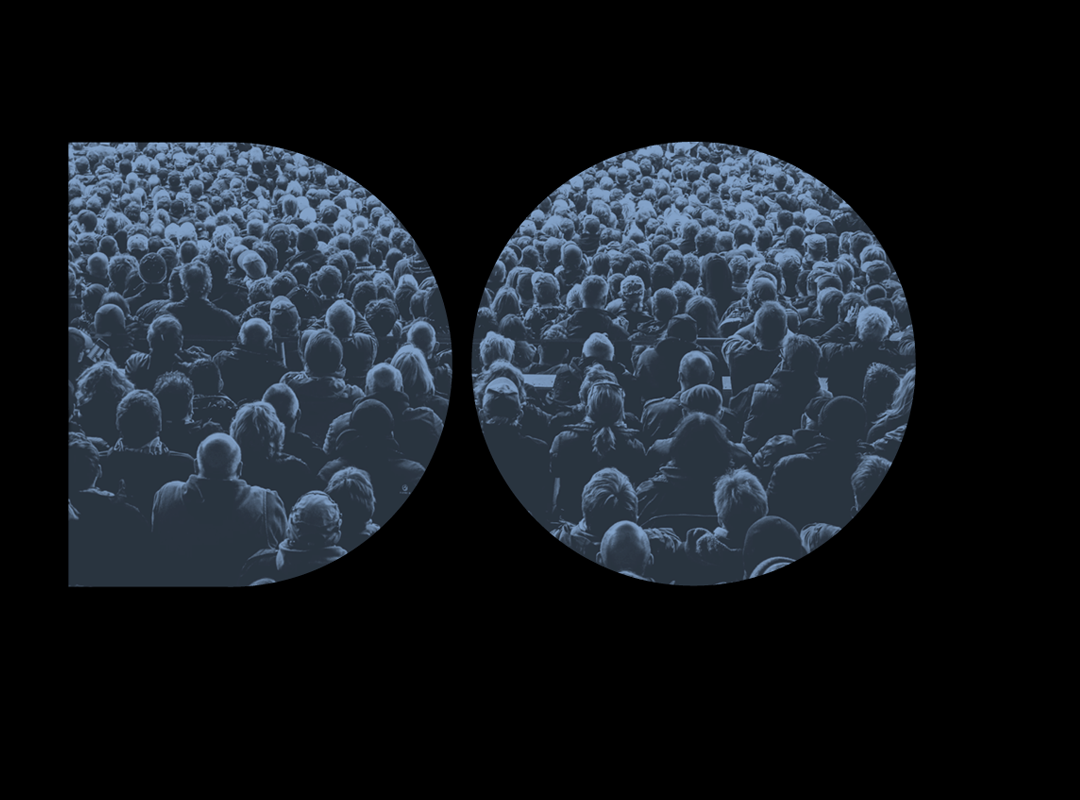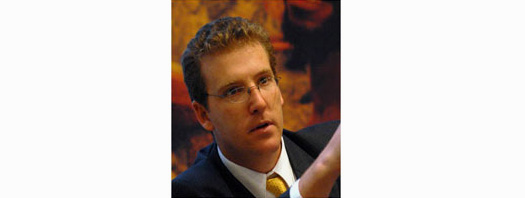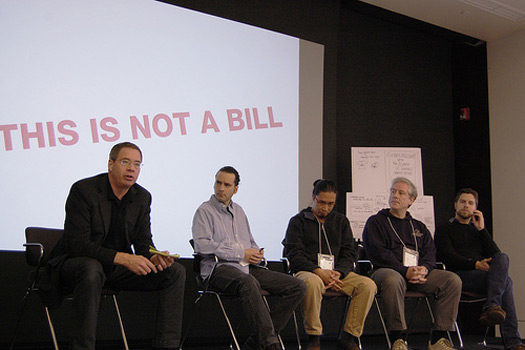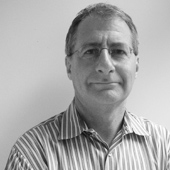
May 12, 2010
Aspen Design Summit: Rural Alabama – Engine Project: March 2010 Workshop Report
Mission Statement
Engine’s goal is to initiate projects that demonstrate how new resources and design services can spur local social innovation and community development projects across the state to combat poverty. Engine’s agenda calls for gathering national support for innovative local projects and organizing individual projects into local frameworks to create synergies that can increase benefits.
The Challenge
Engine seeks to address the conditions throughout the United States faced by rural and urban poor that compound to make poverty intractable and inter-generational. To address these conditions requires the sustained efforts of individuals and organizations working in local communities.
As a first step, members of the Alabama Team from the Aspen Design Summit convened in Birmingham Alabama March 27-30 to develop the proposal they made in Aspen last November. A presentation was made to approximately 40 potential project partners and stakeholders including county commissioners, U.S. Forest Service, Alabama Department of Revenue, non-profit CDC’s, historical commissions and environmental groups.
Initial Projects
Over the next 18 months, Engine will initiate three projects.
- A conversation with the Department of Fish and Wildlife to improve educational and visitor experiences at Cahaba National Wildlife Refuge. Our hope is that this will yield significant design commissions beginning in 2011.
- Investigate how and what support is needed for international researchers brought to the region to work at the Alabama Aquatic Biodiversity Center and the NSF NEON site in the Talladega National Forest/Oakmulgee District and whether these support facilities could be part of cultural and economic development in neighboring towns. This project will begin in the summer with a fall studio-based investigation at the Rhode Island School of Design led by Charlie Cannon.
- Develop a promotion and communication campaign for Engine.
Long Term Goals
The team will develop frameworks to help organize an array of projects throughout Alabama. These may include culturally significant regions such as the Black Belt (home of James Agee’s Let Us Now Praise Famous Men); ecologically vital habitats, such as the Cahaba River (home to 25% of the nation’s fresh water biodiversity); or important recreational routes like the Underground Railroad Bicycle Route.
These frameworks will collect a diverse set of projects — from park and public facilities improvements to financing for groceries or stores — that may only be otherwise related to one another by such a geographical connection.
Support
- Provosts from the University of Alabama and Auburn University announced that they would support the creation of a one-year full-time staff position to help launch Engine. This person will work through Auburn’s Urban Studio and the University of Alabama Center for Economic Development.
- AIGA has pledged to make Engine a focus of a national call for design service this summer beginning at the leadership retreat in early June at which the leaders of 65 AIGA chapters come together to plan programs for the new year.
- AIGA will be launching a special “design for social change” section on the AIGA website which will include information on Engine, linking designers who are interested in participation with program coordinators on the ground in Alabama.
Aspen Team Participants
Charlie Cannon, Founder, Innovation Studio, Professor of Industrial Design, RISD
Andrew Freear, Director, Rural Studio; Professor of Architecture, Auburn University
J. Daniell Hebert, CEO, MOTO Development Group
Nisa Miranda, Director, University Center for Economic Development, University of Alabama
Cheryl Morgan, Director, Urban Studio; Professor of Architecture, Auburn University
John Peterson, Founder and President, Public Architecture
Sam Shelton, Principal, Kinetik Communications
Conclusion
At the end of the first year in Alabama (18 months from now), we will have:
1. Developed, implemented and evaluated the protocols, services, and forms used by participating community groups
2. Tested and refined the user interfaces on the Pollinate Projects website
3. Tested the efficacy of regional frameworks to organize an audience, speed project identification and accelerate pledges
Supporters
This Concept Development Workshop was generously supported by Auburn University, University of Alabama and Winterhouse Institute.
Observed
View all
Observed
By Ernest Beck
Related Posts

Ernest Beck|Event-Aspen
Sustainable Health Enterprises Wins Prestigious Curry Stone Design Prize

Arts + Culture
Aspen Editors|Event-Aspen
Aspen Design Summit: Update 09.25.10

Helen Walters|Event-Aspen
Next: Innovation Tools & Trends Rockefeller Foundation’s Push Toward Design and Innovation

Helen Walters|Event-Aspen
Inside the Design Thinking Process
Related Posts

Ernest Beck|Event-Aspen
Sustainable Health Enterprises Wins Prestigious Curry Stone Design Prize

Arts + Culture
Aspen Editors|Event-Aspen
Aspen Design Summit: Update 09.25.10

Helen Walters|Event-Aspen
Next: Innovation Tools & Trends Rockefeller Foundation’s Push Toward Design and Innovation

Helen Walters|Event-Aspen

 Ernest Beck is a New York-based freelance writer and editor.
Ernest Beck is a New York-based freelance writer and editor.